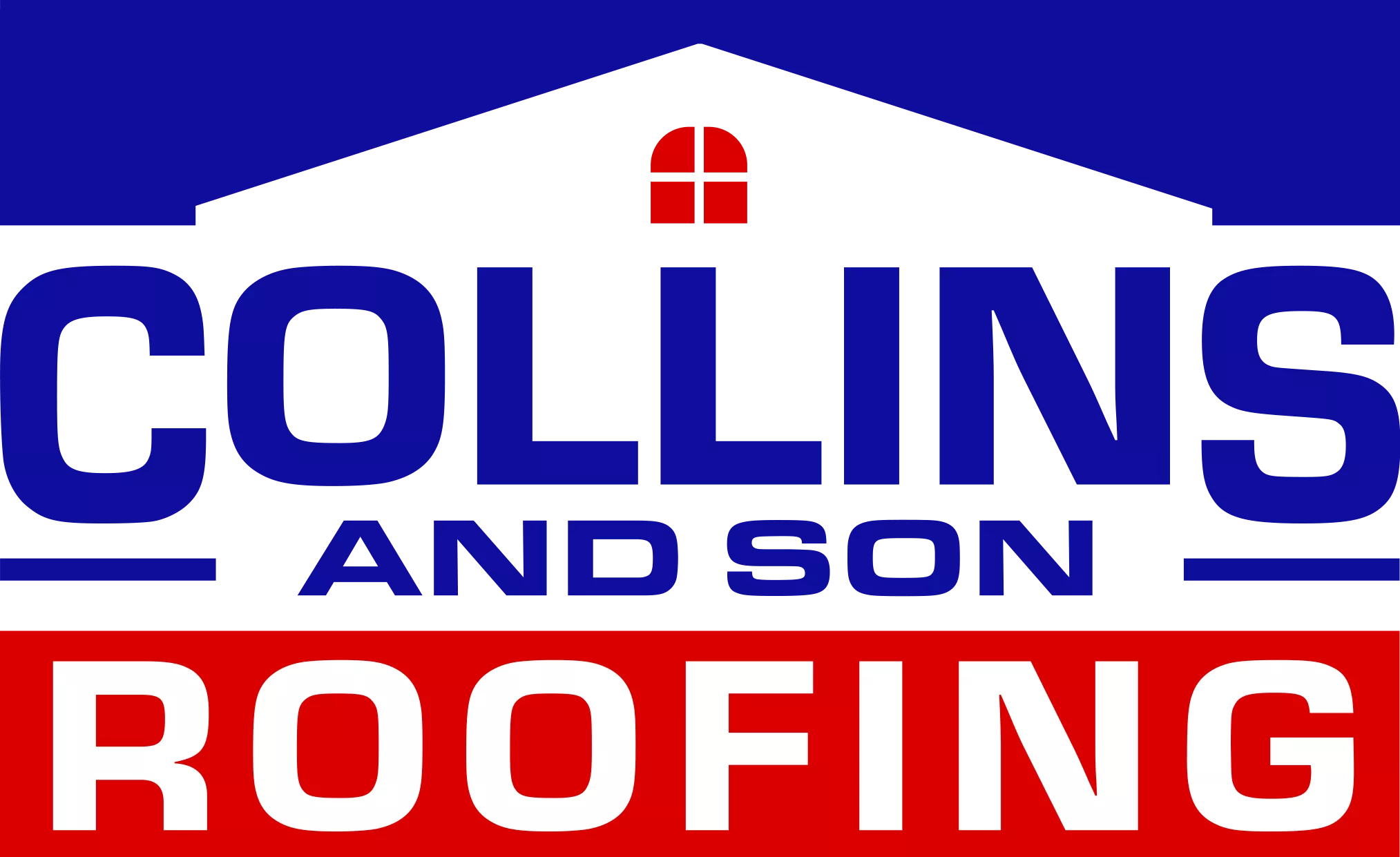Roofing is an essential aspect of any home, and the materials used play a significant role in ensuring safety and durability. One of the primary concerns homeowners have is the potential toxicity of roofing materials, especially roof shingles. In this guide, we’ll delve deep into the subject, addressing common concerns and providing insights into the safest roofing practices.
Understanding the Composition of Roof Shingles
Roof shingles are manufactured using various materials, with the most common being asphalt-based. The primary types of roof shingles include:
- Organic Asphalt Shingles
- Fiberglass Asphalt Shingles
- Metal Shingles
- Plastic or Rubber Composite Shingles
- Fiber Cement Shingles
Asphalt shingles, particularly those made of fiberglass, dominate the U.S. roofing market. They consist of an underlayment made from fiberglass or polyester, with the asphalt often modified using polymers.
Toxicity Concerns with Modern Roof Shingles
Modern shingles, especially asphalt-based ones, can release certain chemicals during installation. However, once installed, they generally pose minimal risks. The primary concern arises when homeowners collect potable rainwater from these roofs. Chemicals from the shingles can contaminate the runoff water, making it unsuitable for consumption without treatment.
Historical Perspective: Asbestos Shingles
Historically, asbestos was a popular material for shingles due to its durability and fire-resistant properties. However, when these shingles break down, they release harmful fibers that can damage the lungs. If your home has shingles dating back to the 1970s or earlier, it’s crucial to ensure they don’t contain asbestos before any removal or renovation.
Safe Installation and Disposal of Roof Shingles
When installing roof shingles, especially those involving hot asphalt, certain precautions are necessary. It’s essential to wear protective clothing, ensure proper ventilation, and avoid inhaling fumes. For homeowners, the installation process poses minimal risks, with most hazards being faced by the installation professionals.
Disposing of old shingles responsibly is also crucial. Many asphalt shingles can be recycled, reducing the environmental impact and conserving landfill space.
Environmentally Friendly Roofing Options
While traditional asphalt shingles have their benefits, homeowners increasingly seek environmentally friendly options. Metal roofing, for instance, is durable, lightweight, and ideal for rainwater collection. Wood shingles from sustainably harvested timber also offer an eco-friendly alternative.
Addressing Rainwater Collection Concerns
For those collecting rainwater from roofs, it’s essential to be aware of potential contaminants. While asphalt shingles are generally safe, the runoff from them can contain high amounts of dissolved organic carbon (DOC). When treated with chlorine, this can become harmful. Alternative disinfection methods, such as ultraviolet light, can effectively treat this water, making it safe for consumption.
Conclusion
Roof shingles, when chosen wisely and installed correctly, offer a durable and safe roofing solution. While there are concerns about toxicity, especially with older materials like asbestos, modern roofing practices prioritize safety and sustainability. At Collins & Son Roofing, we are committed to providing top-notch roofing service in Conway AR. As one of the leading roofing companies in Conway AR, we ensure that our clients receive the best advice, materials, and service, ensuring a roof that stands the test of time. Whether you’re considering metal roofing Conway AR or any other type, trust in our expertise to guide you through the process.

